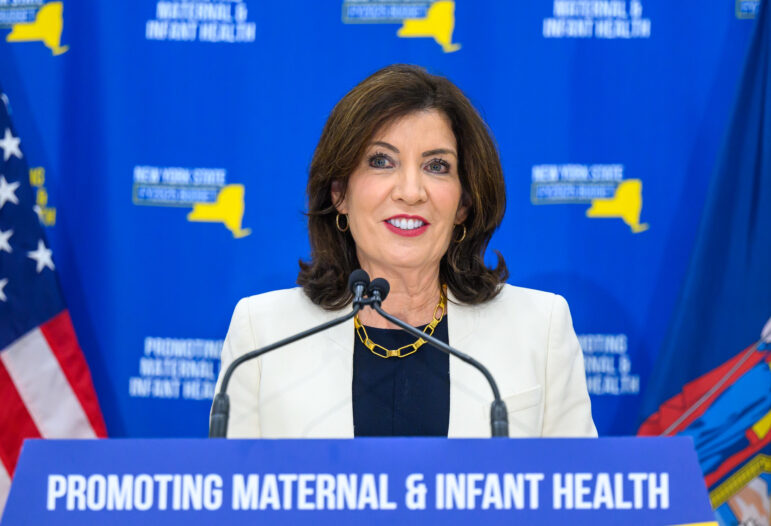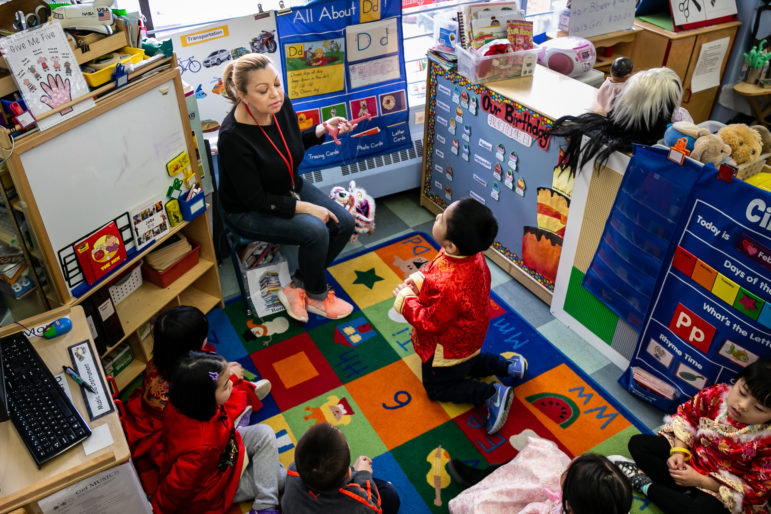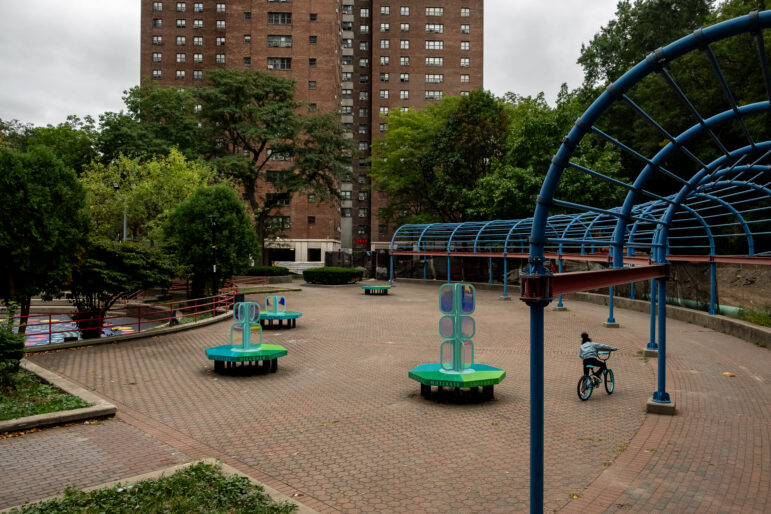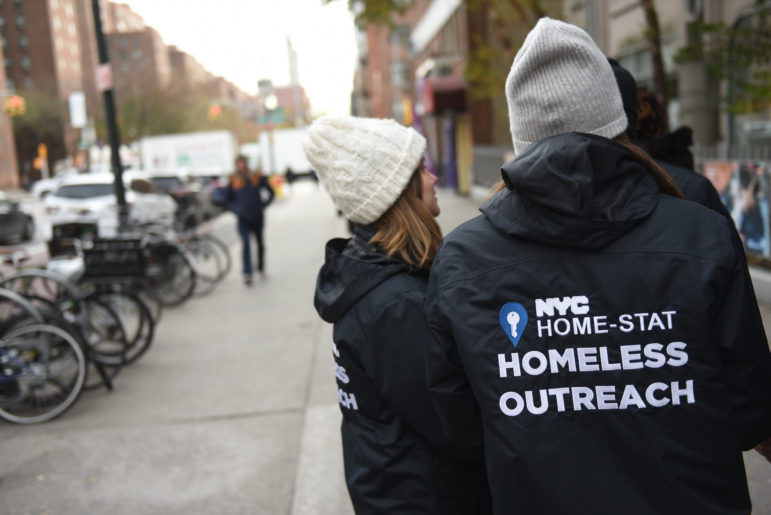When Verizon customer service representative Kimberly John was shot and killed by her abusive boyfriend on her way to work at a call center in Queens a few years ago, Ann Holland knew she had to do something.
“We have been experiencing more and more issues of domestic violence. Abusers have come into the workplace, or on-the-job relationships have become violent. It’s not just isolated as a private matter,” said Holland, the secretary treasurer of Communications Workers of America Local 1106, which represents Verizon employees throughout Queens. It is the sister local to the one that represented John.
“There probably is not a week that goes by that you don’t have a member calling you looking for help in some way – either they’ve been arrested, or thrown out, or are in the emergency room,” she said. Local 1106 has approximately 2,000 members, about 75 percent of whom are men.
Deciding their obligation to members went beyond negotiating wages and benefits, last year Local 1106 leadership in New York City began to train all its members in domestic violence prevention. It is the first CWA local and one of the first unions in the country to do so.
Cornell University’s Industrial and Labor Relations School helped develop the curriculum as part of a wider initiative to put domestic violence on the radar as a workplace issue.
The training takes place on the clock, so participants earn a day’s pay for attending. It costs Verizon roughly $6,000 a week in lost work hours alone, Holland estimated. But domestic violence itself costs employers significantly. According to a study by the Centers for Disease Control and Prevention, productivity lost because of domestic violence costs American companies $72.8 million each year. And it’s a matter that repeatedly enters the workplace. According to the Family Violence Prevention Fund, 74 percent of abused women were harassed by their batterer at work.
So far 800 Verizon employees have completed the day-long training, led by Holland and CONNECT, a nonprofit organization with offices in Manhattan and Brooklyn that works for the elimination of family violence. The training will continue until all workers and managers have taken it – at least another year, Holland said.
So two days every week 30 to 40 telephone workers – men and women, but mostly men – meet to discuss stereotypes, privilege and power. As Holland describes it, the seminars sound like gender studies 101, for people used to old-school notions of masculinity. These are power tool-wielding, truck-driving union guys after all.
“We expected a lot of resistance, that people would think this is a male-bashing exercise,” said Holland. “But now that the word has spread, we’re getting a good response.”
Some workers have sought help getting out of abusive relationships, others have confessed they are abusers and more than 30 have offered to volunteer with CONNECT’s projects. Holland said one man told her, “‘I wish I had taken this class before. I need the help.’”
That’s exactly what Quentin Walcott, director of CONNECT’s Training Institute, wants to hear. “Intimate partner violence is thought of as a women’s problem,” he said. “But we approach family violence holistically, starting with men who are violent. We try to change the lens.”
Through CONNECT trainings, which the organization has offered across the city for employers, churches and community groups, Walcott hopes to get people to acknowledge domestic violence as a major issue and one that needs to be addressed publicly. Some members of the Service Employees International Union (SEIU) in Ithaca, New York have taken classes with CONNECT. Walcott said he will take his course to any group, union, school, church or company interested in the message.
For Walcott the goal is to get men who are not violent, but may be controlling and abusive in other ways, or may know someone in an abusive relationship, to look at domestic violence as an issue that affects them.
“During our workshop we look at why men batter. We look at the social impacts that lead men to choose to be violent,” Walcott said, emphasizing the choice. “We talk to them about manhood, what it means to be a man, what it means to be a father. Not all men are abusive,” he said.
“The thinking is where it starts from. A lot of that is connected to a socialization process. Some young men want to prove that they are ‘man enough’ by abusing the young woman,” he said. “Once they get engaged in the program they really get into it.”








